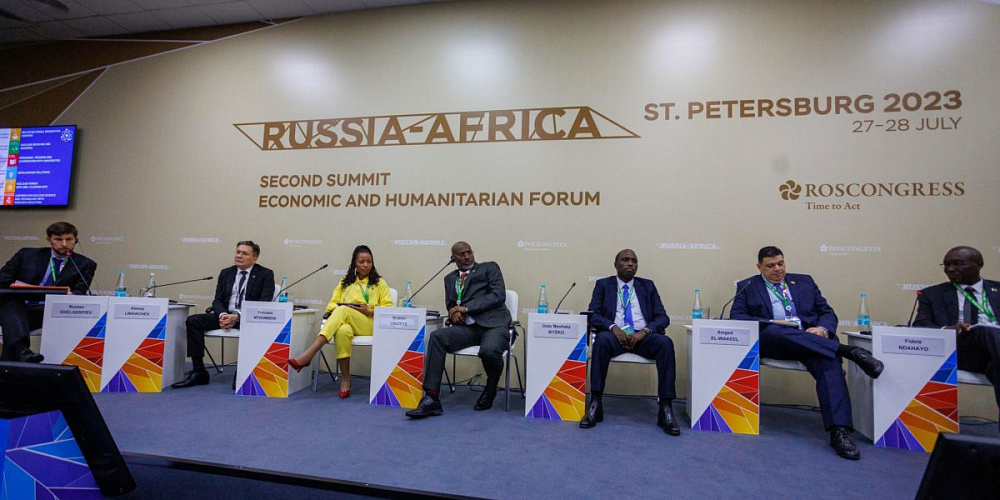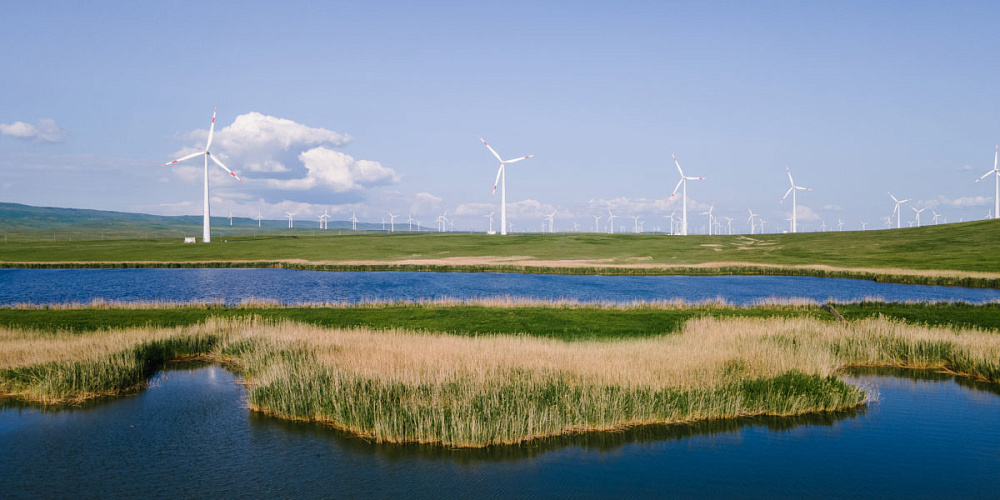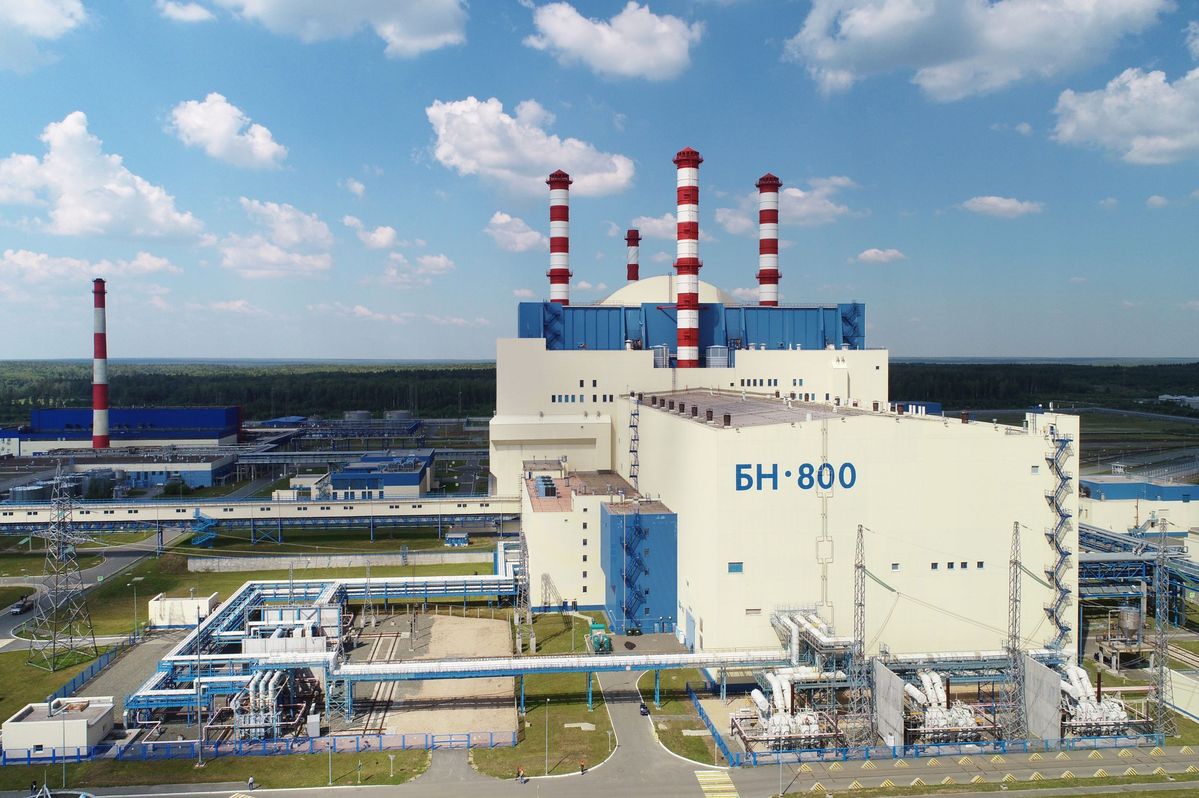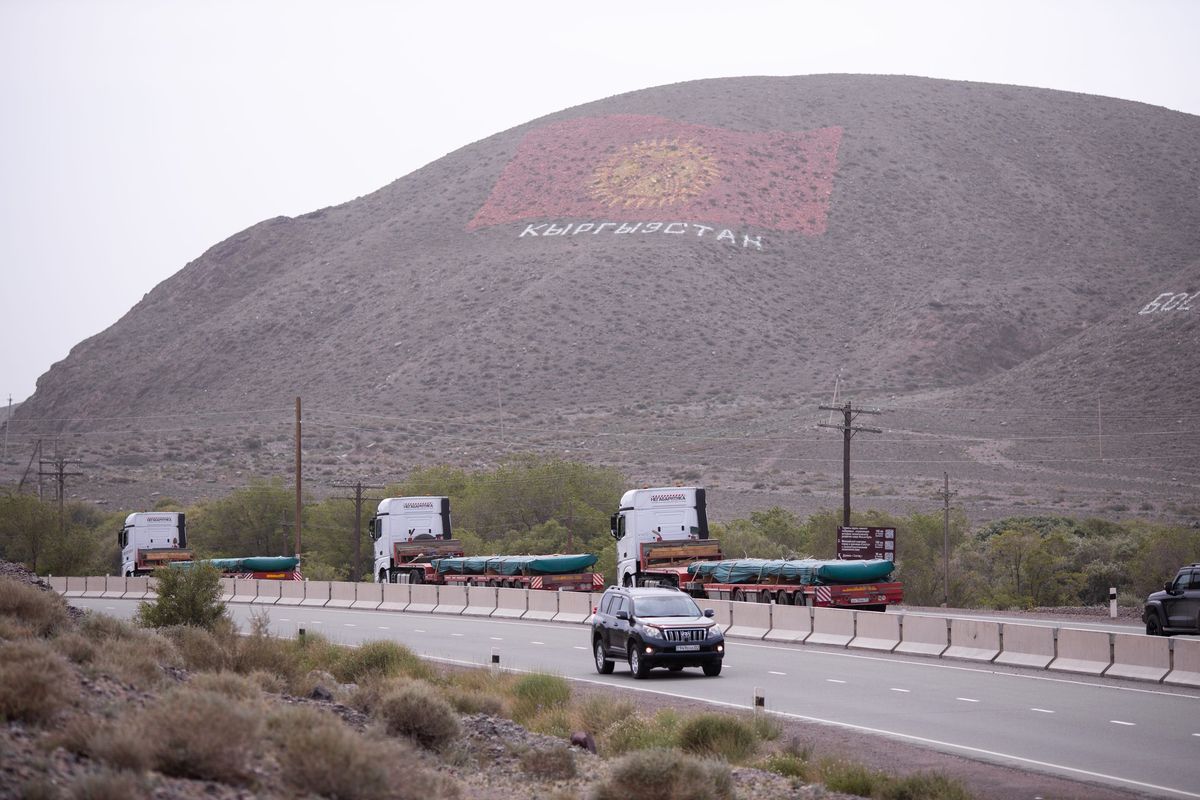On 10 November 2025, World Science Day, Rosatom hosted
the sixth Global Atomic Quiz, an international educational initiative. For the
second year in a row, the quiz was held at the Art Polytech cultural and
educational cluster of Moscow Polytechnic University. Approximately 46,000
participants from 106 countries took part, including over 200 Russian and
international students. This year, the quiz expanded its reach, with
schoolchildren and students from Vietnam joining for the first time.
In the nuclear industry’s 80th anniversary year, the
project focused on the past, present, and future of nuclear technologies. The
quiz covered a wide range of topics, including the industry’s history, current
solutions, and the outlook for nuclear energy. Participants explored how
nuclear technologies can be applied across various fields. The event was held
in a hybrid format at international venues and online, including information
centers on nuclear technology, Russian centers of science and culture, and
schools and universities in Armenia, Bangladesh, Belarus, Bulgaria, Brazil, and
other countries.
The list of 100 winners of the online quiz will be
available on the project website (quiz.atomforyou.com) by 22 November 2025. The
winners will receive exclusive prizes, such as subscriptions and certificates
for digital products. Additionally, the top three participants will receive a
special prize - a trip to Russia.
Background
The Global Atomic Quiz is a global educational initiative
by Rosatom aimed at educating people about the fundamentals of nuclear physics
and the significance of nuclear technology in everyday life, as well as the
contribution of the nuclear energy to the planet sustainability. The project
has been running since 2020 in 16 different languages, including Russian,
English, Uzbek, Arabic, Hungarian, Turkish, Portuguese, Spanish, Chinese,
Burmese, Indonesian, Bengali, Kazakh, Kyrgyz, Mongolian, and Vietnamese. In the
past six years, more than 111,000 schoolchildren and students from over 100
different countries took part in the quiz. In 2023, the project won the IX
All-Russian Prize "For Faithfulness to Science" in the "Science
for Peace" category.
Rosatom's educational projects are intended for a wide
audience. The objectives of scientific and educational initiatives include
promoting nuclear technology, making science and technology knowledge more
accessible, and enhancing the appeal of engineering careers and scientific and
technical education.
World Science Day for Peace and Development, established
by UNESCO (United Nations Educational, Scientific and Cultural Organization) in
2001, aims to celebrate the contribution of scientists to humanity's progress.
In 2025, Russia's nuclear industry celebrated its 80th
anniversary. On 20 August 1945, Russia established a special committee on
atomic energy. In response to the threat posed by the United States, the
country created nuclear weapons within four years (RDS-1 bomb successfully
tested in 1949). This led to the USSR becoming a pioneer and leader in the
peaceful use of nuclear energy. Domestic atomists built the first nuclear power
plant in Obninsk in 1954 and the first nuclear icebreaker Lenin was created to
help explore the Arctic in 1959. Today, Rosatom continues to develop advanced
technologies and apply them in various industries. The corporation is building
nuclear power plants that provide clean energy to hundreds of millions of
people in dozens of countries worldwide. It also ensures the logistics for the
Northern Sea Route, produces new materials, develops and manufactures nuclear
medicine products. The main theme of this anniversary year can be expressed in
three words: Empowering Better Future. Nuclear industry professionals are proud
of the accomplishments of the industry’s pioneers and are inspired by the
achievements of previous generations. They plan to continue exploring new
frontiers and expand the boundaries of what is possible.
Текст параграфа





